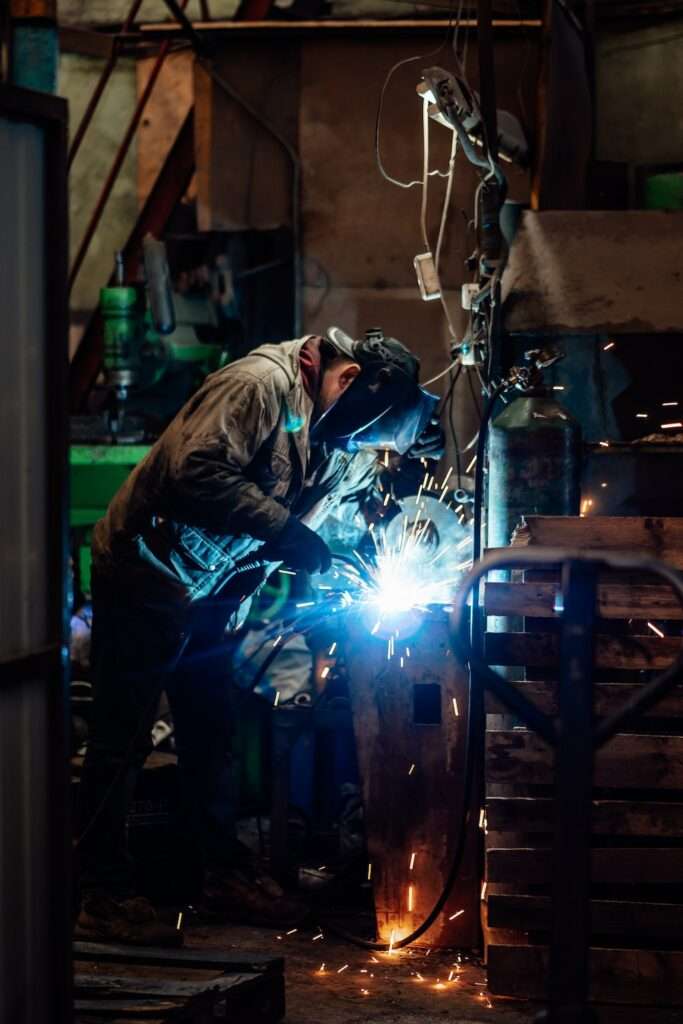Further solidifying its leadership in the heavy transport sector, Volvo Trucks has announced a partnership with H2 Green Steel on its “near-zero” emissions steel as it ramps up its electric truck production.
Volvo Trucks is escalating production, with the Ghent factory in Belgium spearheading the serial production of heavy battery electric trucks including the Volvo FH, the Volvo FM, and the Volvo FMX Electric. This addition to the production line marks electric trucks being crafted in four different factories globally, including three in Europe and one in the U.S. and marks a significant stride toward achieving a net-zero emissions value chain by 2040.
“The Ghent factory is the largest one in our network, so this is a very important milestone,” Roger Alm, President of Volvo Trucks, said in a statement. “Now even more transport companies can go electric with Volvo.” Volvo’s Ghent factory boasts the highest production capacity with a yearly output of around 45,000 trucks. This facility not only houses the assembly line for electric trucks but also integrates the manufacturing of diesel and gas-powered vehicles, ensuring a high degree of flexibility to cater to various demands and variations.
“Our trucks are much loved for their outstanding quality, safety, design, and driver comfort,” Alm said. “It makes me very pleased that our customers can get all these benefits and, at the same time, transport goods without emitting any CO2.”

Volvo has also launched a new battery assembly plant next to the production line in Ghent in order to expand its footprint in the electric truck sector.
“Just a few years ago, many thought it was impossible to electrify heavy truck transport,” Alm said. “But we decided early on that electrification is our main path to zero emissions. Now we can offer an industry-leading range of purpose-built electric trucks, in commercial operation all around the world.”
Further, in a vital step towards decarbonization, the company has entered a long-term agreement with H2 Green Steel to procure green steel, a pivotal component in the production of trucks, buses, and construction machinery.
“Collaborations which support our work to reduce emissions are crucial on the path towards net zero,” Andrea Fuder, Chief Purchasing Officer of Volvo Group, said in a statement. “Steel is a big contributor to the footprint of our products, and working together with both established and new players for developing decarbonized materials is key to advancing our progress in sustainable transport and infrastructure solutions.”

This initiative is part of a broader strategy to reduce the environmental impact of its products and supply network. The green steel, which will be sourced from H2 Green Steel’s new plant in Northern Sweden, promises to substantially minimize, if not eliminate, emissions. The production is slated to commence at the end of 2025, with deliveries to Volvo Group beginning in mid-2026.
“The commercial vehicle industry has actively been driving the demand for green steel, validating the market interest,” says Henrik Henriksson, H2 Green Steel’s CEO. “When an undeniable large player like Volvo Group, working at the forefront of sustainable change, places a customer order it’s a clear sign of confidence in both our company and our product.”
Laat November, Volvo, along with Swedish manufacturer SSAB, debuted the world’s first fossil-free steel, utilized notably in the frame rails of Volvo’s electric trucks, constituting the vehicle’s core framework. Customers including Amazon and DFDS, alongside Unilever through transport company Simon Loos, featured the groundbreaking material in some of their electric trucks.
As Volvo expands its use of this innovative material, which forms part of a vehicle where around 30 percent is made of recycled materials and up to 90 percent is recyclable, it aims to progressively substitute traditional materials with fossil-free and recycled alternatives.
Related on Ethos:


